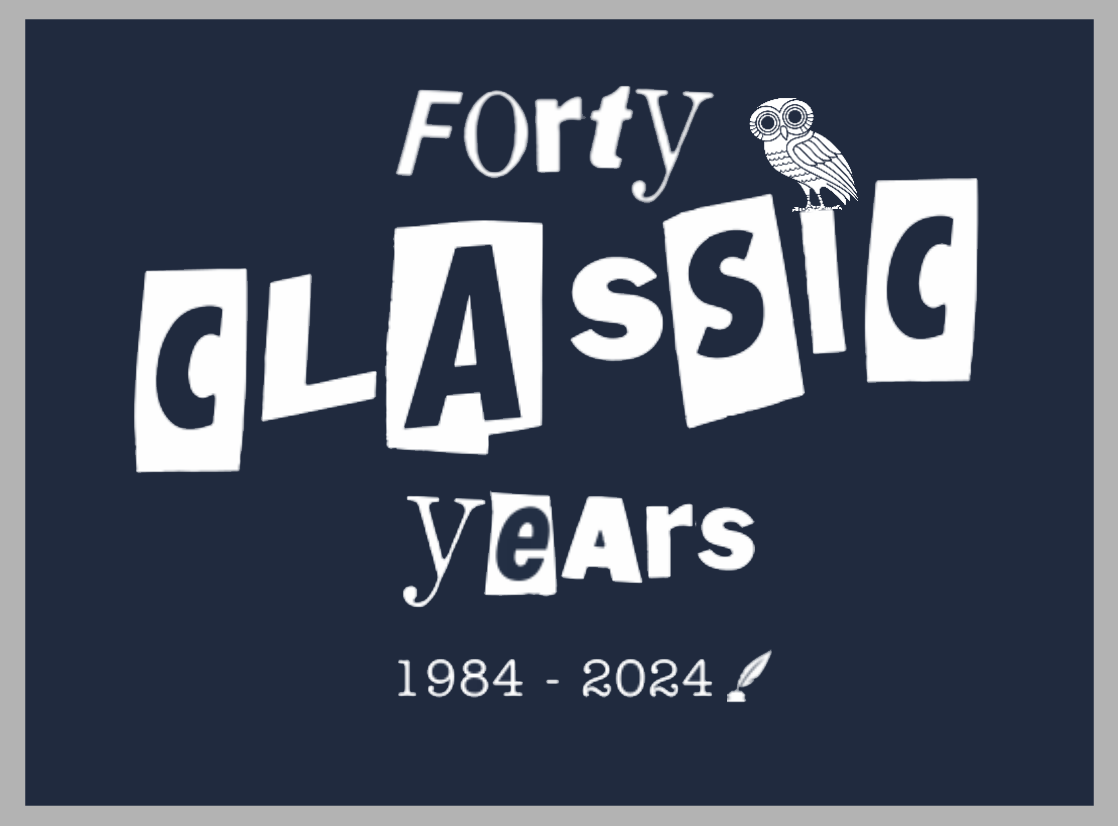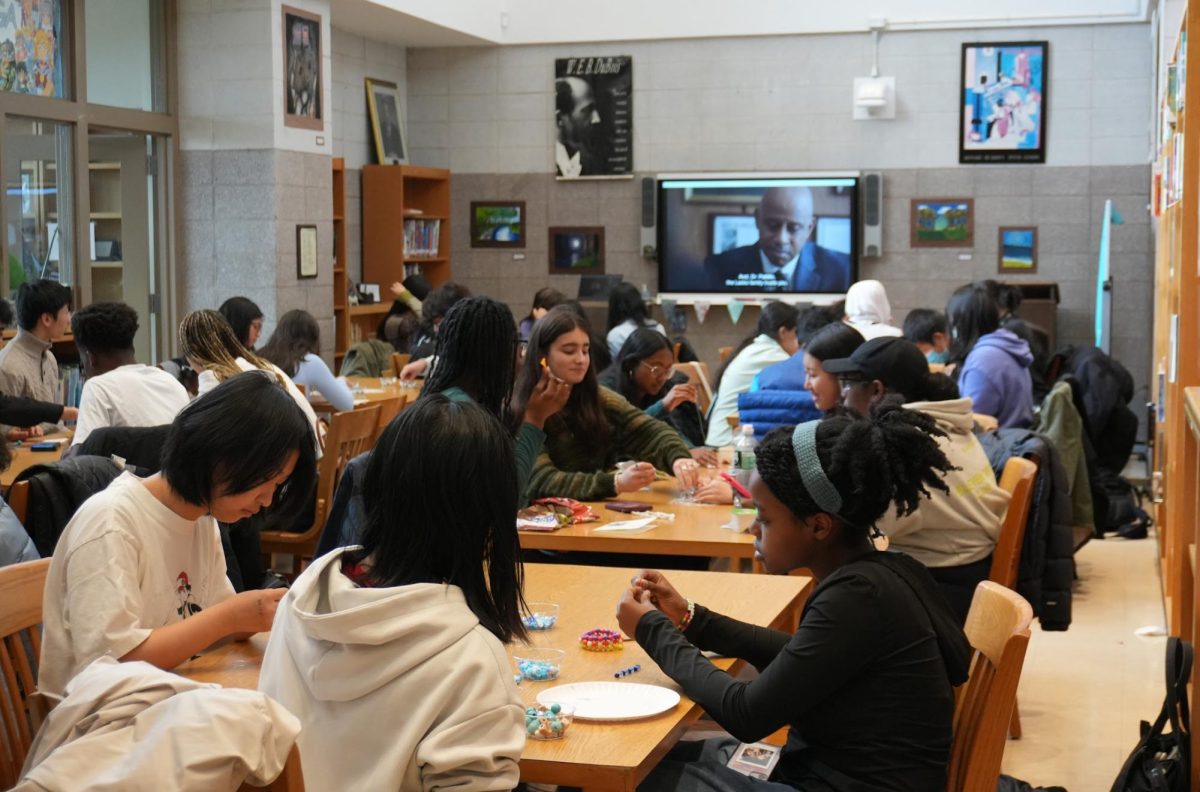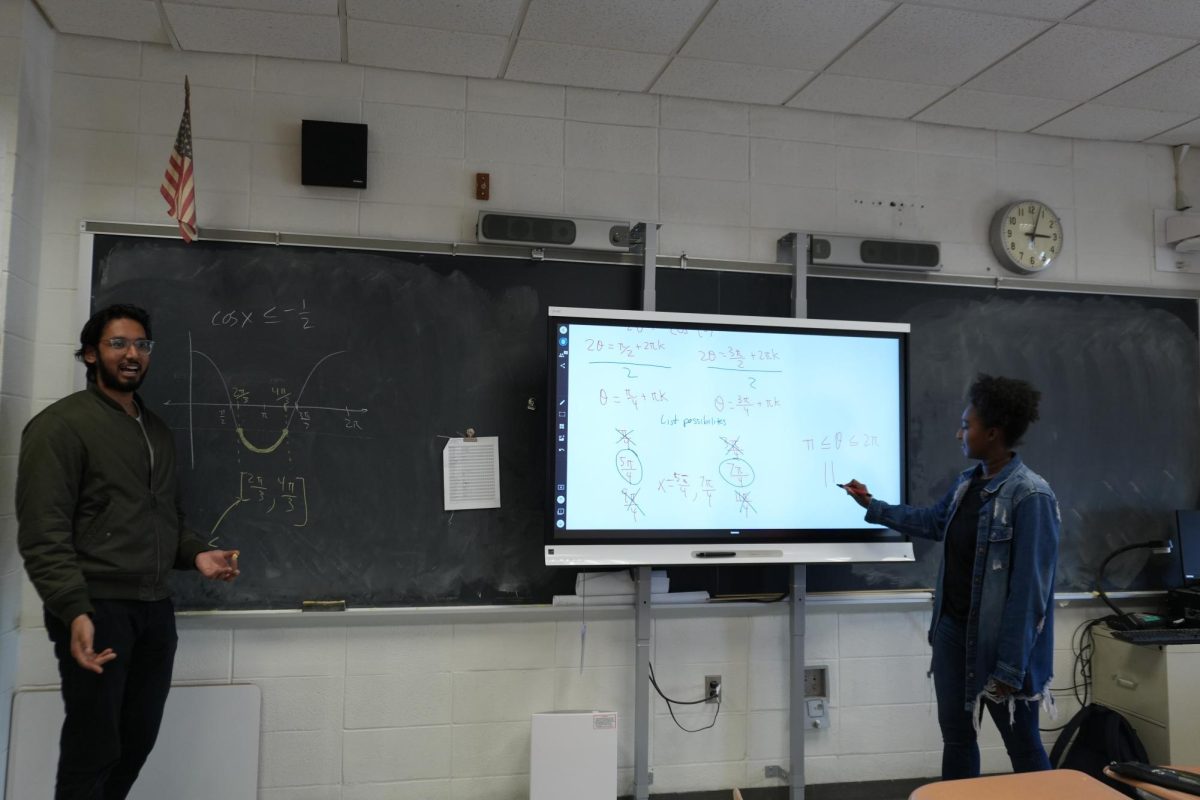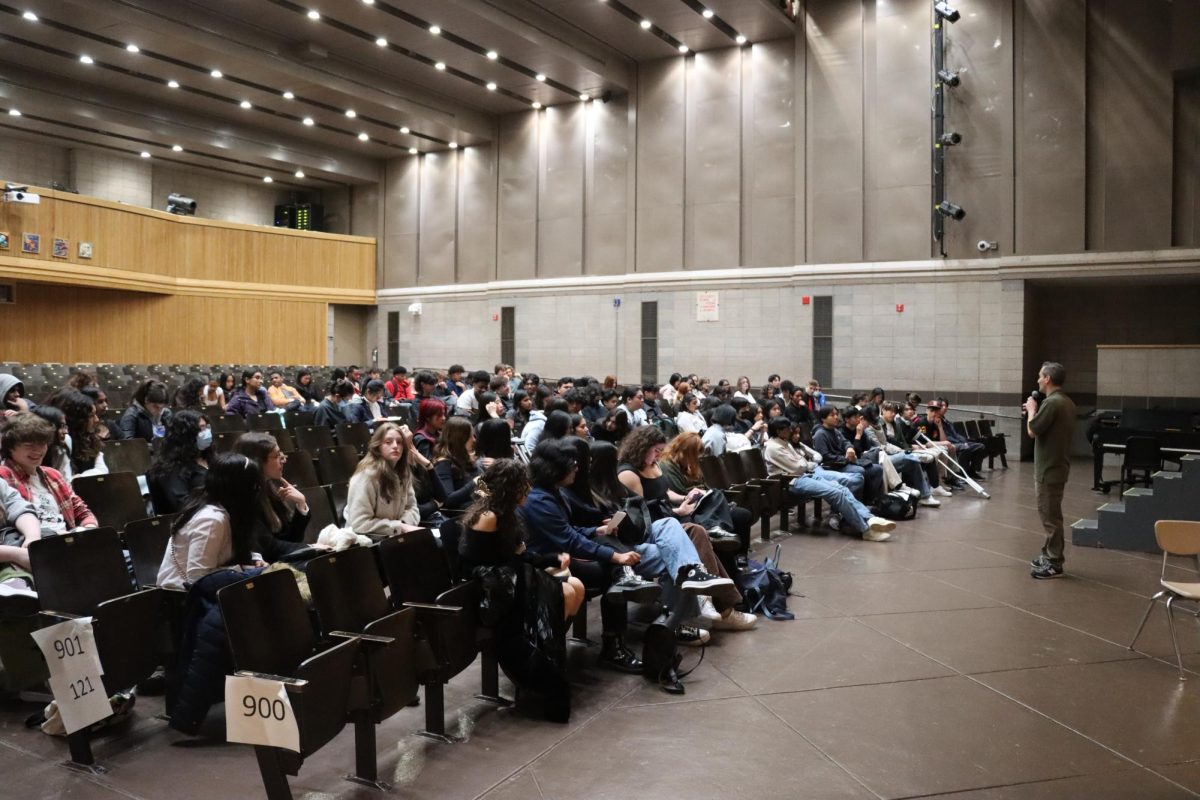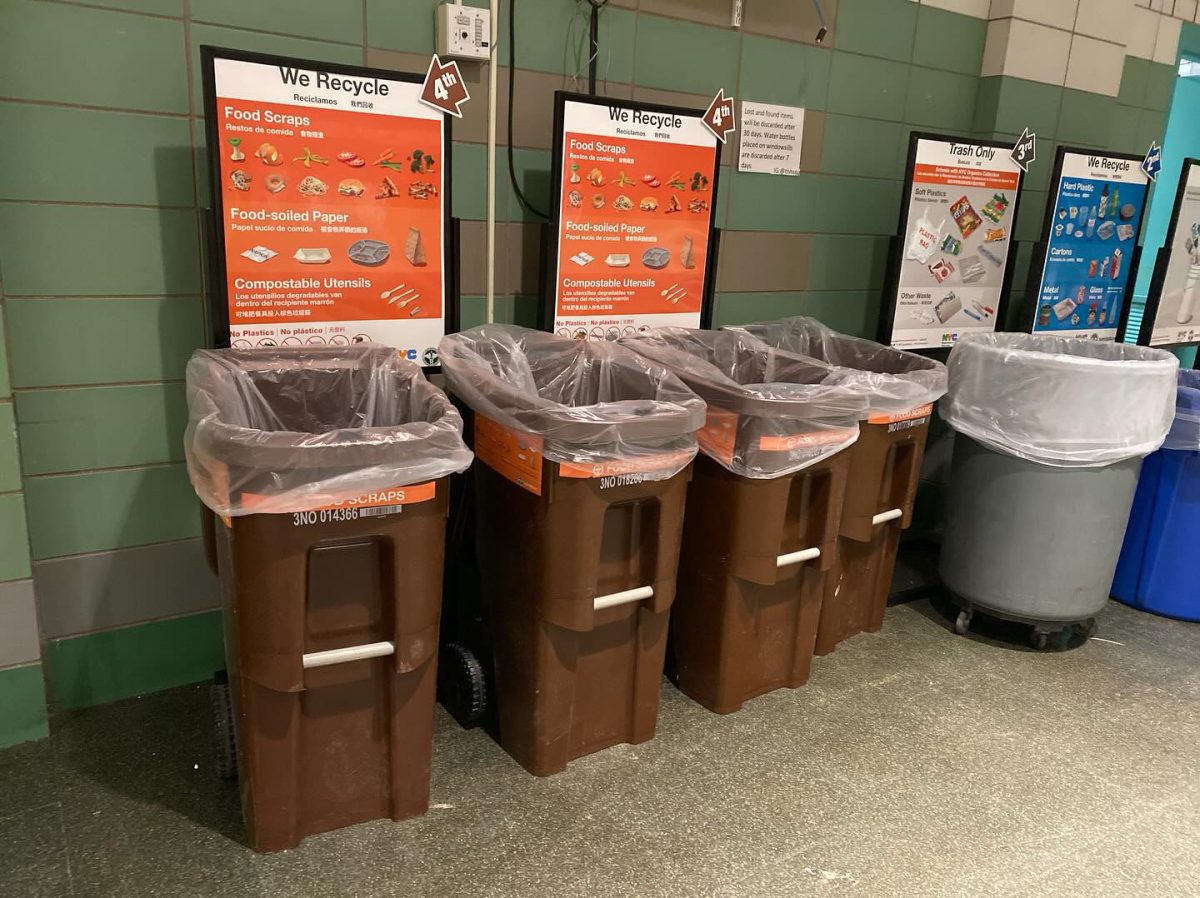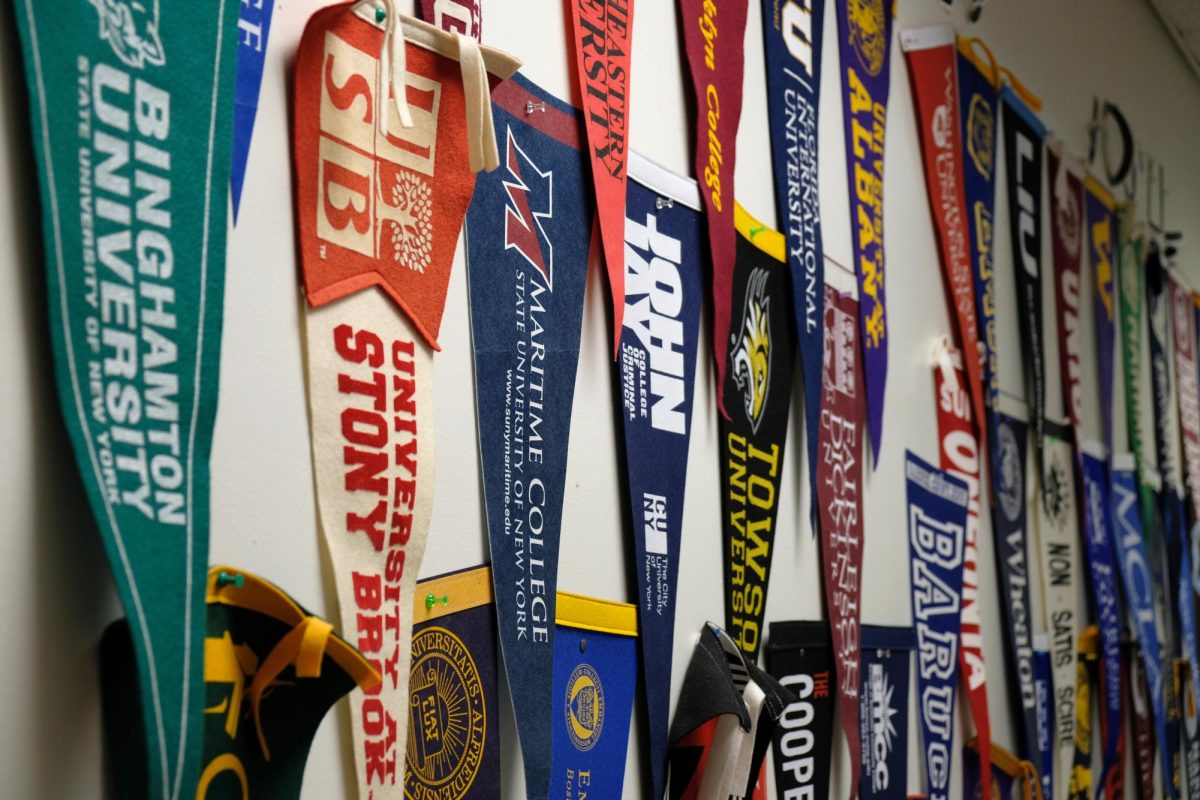
Most high school students worry about their academics solely for the purpose of attending their dream schools. For some, grades are the least of their worries compared to the stress of their financial predicaments. Guidance counselor Sara Skoda outlines the path students take to ensure they are able to afford the higher education that they deserve.
Q: As a guidance counselor, how often do you encounter a student who is held back in choices of higher education by financial predicaments?
I don’t know about the words held back…I don’t think anyone is held back by their financial predicament as much as it’s a factor, in a lot of different things they have to encounter. So, specifically speaking about colleges and things like that often times students have to pay to take the SATs…but there are fee waivers and lots of opportunities out there for students that are of low income that will cover these costs a lot of the time.
Q: How do you try to assist these students?
We guide them towards the understanding that there are fee waivers that exist out there especially for SATs [and] ACTs.
There are even college application fee waivers, there are a lot of different costs that come up when you’re applying to college so we make sure we certainly are telling them about those opportunities.
But then also when it comes to choosing colleges, we talk about being open and honest about financial concerns with family and making sure that they’re applying to schools in addition to schools that may look more expensive. We make sure they are applying to financially safe schools we call it…that’s a big part of how we’re guiding students.
Q: While scholarships can help students attend expensive colleges, some must turn acceptances down because of the living expenses that come with on campus housing. How do you try to help them combat this?
Often times students are given something they call financial aid packages from different colleges so different colleges factor those financial aid packages in many different ways. Students will have to apply for financial aid their senior year and if they are low income they will be eligible often times for financial aid, which is government money that a college has to give the family that they don’t need to pay back.
There are also these scholarships…that students may get that are often times not just based on income but also based on merit. So how a student did in school might help them get these scholarships.
Sometimes it’s really sitting down with a senior and looking at the different financial aid packages they are getting from different colleges to help them understand you know, “What is going to be my best value? What’s going to make the most sense? Can I live at a campus and still be okay financially?” I’ve seen it happen…lots of students who have financial burdens at home, who end up receiving enough financially in scholarship money that they are able to still afford to live on campus somewhere.
Q: Do students with higher grades receive more aid?
This is a heavy loaded question here.
Students with higher grades do not get more financial aid because financial aid is solely based on income. Scholarships, however, [are different]; some schools will give scholarships based on merit.
Merit is how well you did academically. Scholarships may be affected based on higher grades, but financial aid is solely income based. There are a lot of students who have been able to attend a lot of different colleges based on the money that they get.
Every college is different so thats why its hard to be general about it because I don’t think it’s as general of an answer…every college is going to offer a student different things based on various factors.
So based on [their financial situation], a student may get financial aid. Based on merit, a student may get scholarships also. And sometimes combined, that helps them attend a school. Sometimes it may still not cover all the costs.
So certainly these are discussions that we have with seniors to start to understand more of the financial aid process.
Q: As a guidance counselor is there anything special you can do to help students receive more financial aid?
What we’ve been doing is trying to guide them to make sure they apply for every application that a college requires. So we make sure that every student is aware of two different applications.
One called the FAFSA is a free application students have to fill out in their senior year and it’s submitted to each college and then the college can then determine if they’re eligible for aid. In addition to that document there is something called the CSS Profile that some colleges also use and as long as they are completing these documents by each college’s deadline which is different than their application deadline-so it’s like a whole other world we’re talking about almost.
They’re eligible for as much aid at that college as possible. And then its up to the college to give them a package that includes all of that aid.





